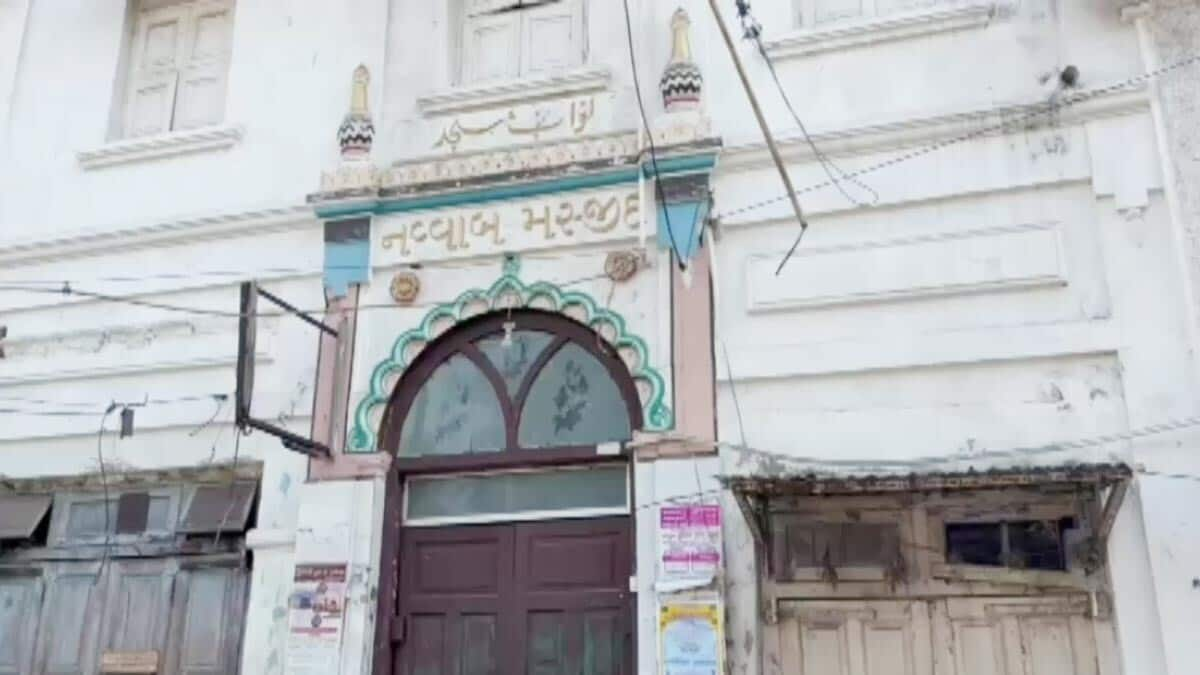
Tension in Gujarat after Hindu-owned shops on mosque premises evicted
What's the story
Tensions prevailed in Rajkot, Gujarat, on Wednesday after three shopkeepers were forcefully evicted from the Nawab Masjid premises. The group that initiated the alleged eviction claim that the properties belonged to the Gujarat Waqf Board and were rented to Hindu businessmen around six decades ago. The group, however, alleged that these shops were illegally transferred to descendants. On Wednesday, they broke locks and removed goods from these shops.
Eviction details
Eviction based on Waqf Board's letter, legal procedures overlooked
According to an India Today report, they justified the eviction by a letter from the Waqf Board dated December 19, 2024, which approved such action due to illegal tenancy transfers and unpaid dues. Citing 15 years of unpaid taxes and pending electricity bills, the board's trustee said the property needed to be repossessed immediately. However, a complaint filed against five people involved in the incident noted that legal procedures outlined by the Waqf Board weren't followed during this eviction process.
Aftermath
'Shops were closed, damaging mosque': Eviction participant
Defending their actions, Farooq Masani, one of the people involved in the eviction, said, "We have taken over the shops after getting the order of the Gujarat Waqf Board." Masani went on to claim these shops were closed for years and were in a dilapidated condition, damaging the mosque. A complaint has been filed against five people involved in this incident.
Procedure
Proper eviction processes not followed: Complaint
The complaint stated that the Waqf Board's letter outlined a legal process for retaking the establishments. It entailed serving three legal notices to the tenants, speaking with them, negotiating a new rent arrangement, informing the police about the notice, and finally commencing legal action. But the processes were not followed, the complaint added.